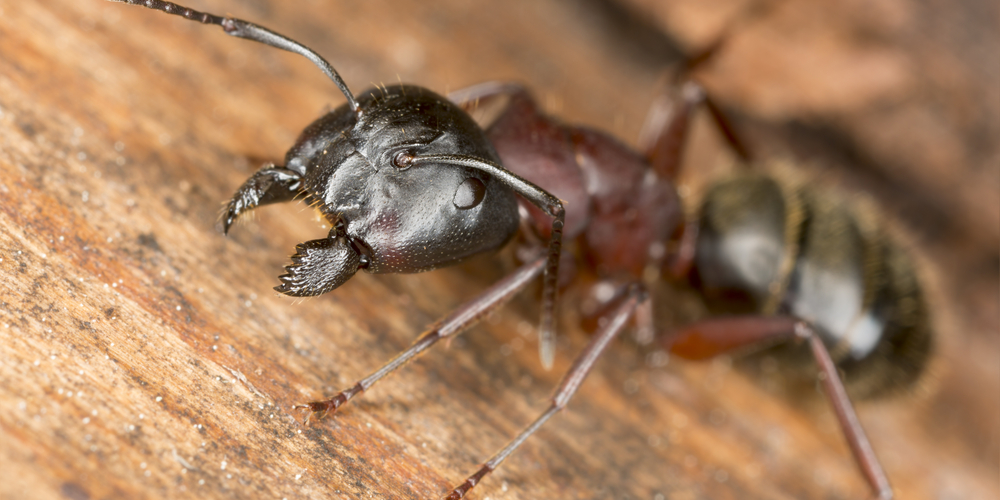Finding ants in your kitchen is a nuisance and can also be an unwelcome surprise for any homeowner. What is even a bigger mystery is why these little pests are in your dishwasher. While there could be several reasons for this, this article will explore a few of the more probable reasons and offer possible solutions.
Why are there ants in the dishwasher?
The most likely reason for finding ants in your dishwasher is that they are looking for water. Ants are attracted to moisture, so a dishwasher full of water can appeal to them.
Another possibility is that the ants are coming into your home through cracks and crevices in the foundation or walls and just happen to end up in the dishwasher. Whatever the reason, getting rid of the ants in your dishwasher is not difficult. I
t’s not unheard of for ants to make a nest in larger houseplants. Take a look there if that describes your home.
Can ants damage the dishwasher?
Ants love to make their shelters in dark, moist places, such as your dishwasher. While they will not likely cause any damage to your actual dishwasher, they can contaminate your dishes and cause problems if they get into the food you are preparing.
In addition, ants can also bite, which can be painful and cause an allergic reaction in some people.
5 steps to get rid of ants lurking in your dishwasher
Are you finding ants near your dishwasher or even in it? There are a few things that could be attracting these pests. First, check your dishwasher for any food or grease build-up.
Even a small amount of food can attract ants. Another possibility is that your dishwasher is leaking. If water is pooling anywhere near the dishwasher, that could be attracting ants as well.
You can try to eliminate potential attractants and see if that solves the problem. Just follow these simple steps:
1. Find the source of the problem. If the ants are coming into your home through cracks and crevices, seal them up with caulk or another type of sealant. If you can’t find the source of the problem, call an exterminator.
2. Set out ant baits or traps around your dishwasher. Ant baits and traps are available at most hardware stores and home improvement stores.
Some ants only like certain types of baits, so you may have to identify what species of ants you’re dealing with and seek advice and experiment to find one that works.
Besides store-bought traps, you can also place a bowl of soapy water near your dishwasher. The ants will be attracted to the water and will drown.
3. Clean your dishwasher thoroughly. Be sure to clean under the dish racks, in the corners, and anywhere else where dirt and grime can accumulate. after that, you can run the dishwasher on an empty cycle.
This will help to remove any food or grease build-up that could be attracting ants. You may also want to add a cup of white vinegar to the cycle, as this can help to kill any ants that may be lurking in the dishwasher.
4. Keep your kitchen clean. As mentioned above, food and grease build-up can attract ants. Be sure to clean up any spills or crumbs around the dishwasher. You should also weep up any crumbs or food debris and regularly wipe down counters and floors. Store food in airtight containers and keep garbage in a sealed container.
5. Pour Vinegar Down the Dishwasher’s Drain
If you’re still seeing ants near or in your dishwasher, you can try pouring vinegar down the drain. The vinegar will not kill any ants lurking in the dishwasher, but it will mask the smell of any food or grease build-up that may attract them.
Just pour a cup of vinegar down the drain and run the dishwasher on an empty cycle. You can do this once a week to help prevent ants from returning. You can also mix one part borax with three parts vinegar and pour it down the drain. This mixture will keep ants at bay and help clean and deodorize your dishwasher.
Ants in the dishwasher: The Takeaway
Following these simple steps should help eliminate the ants in your dishwasher and keep them from coming back.
With just a little effort, you can get rid of the ants in your dishwasher and keep them from coming back.
Related Article: Do Ants Eat Grass? Will They Damage Your Lawn?

